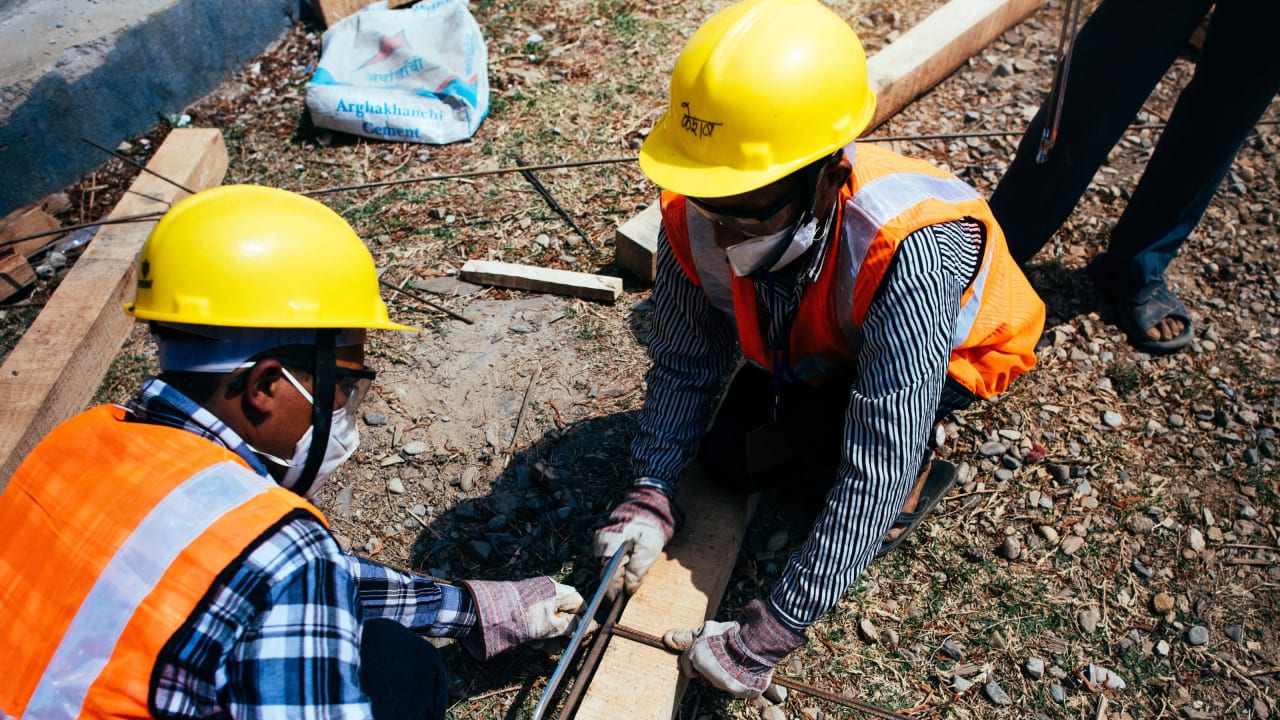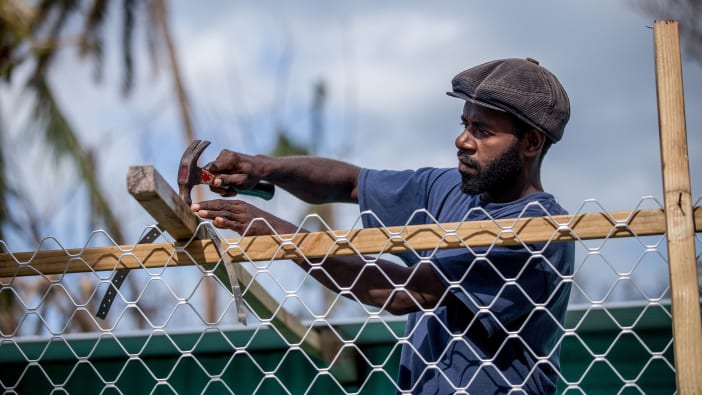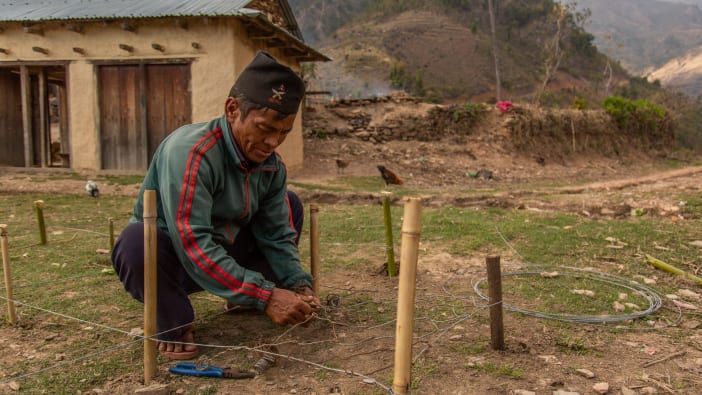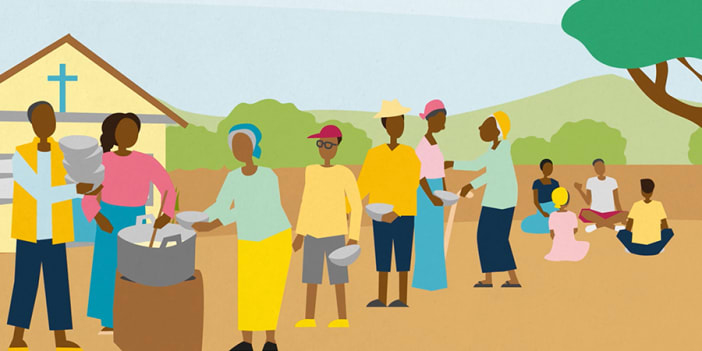This guide encourages communities to consider possible risk situations and helps them prepare to respond effectively. It includes information on first aid, emergency stores and community shelters.
Anticipated outcomes:
- effective and ongoing community organisation
- communities educated in a variety of self-help measures including emergency health care and maintaining emergency water supplies and sanitation
- local organisations working effectively together at all levels
- an improved network of local communications
- improved co-operation with local authorities









